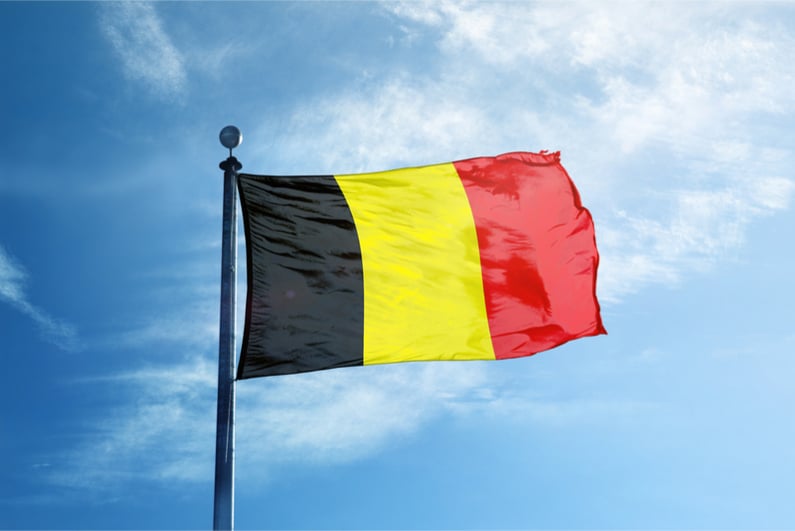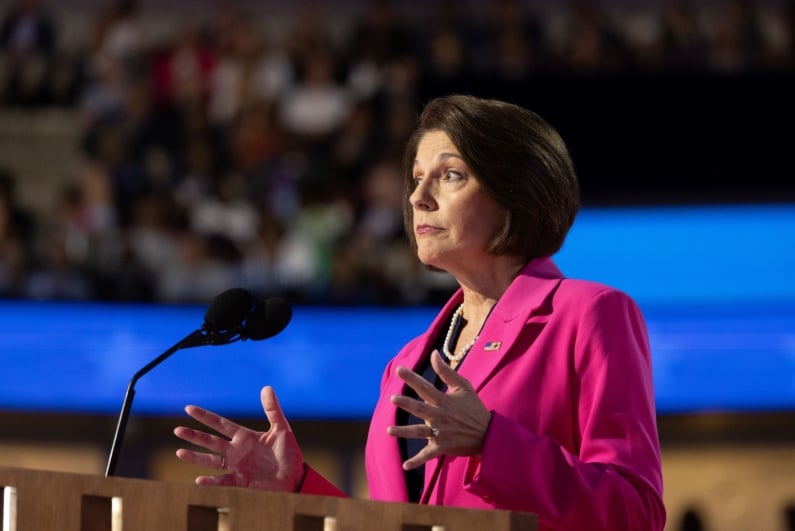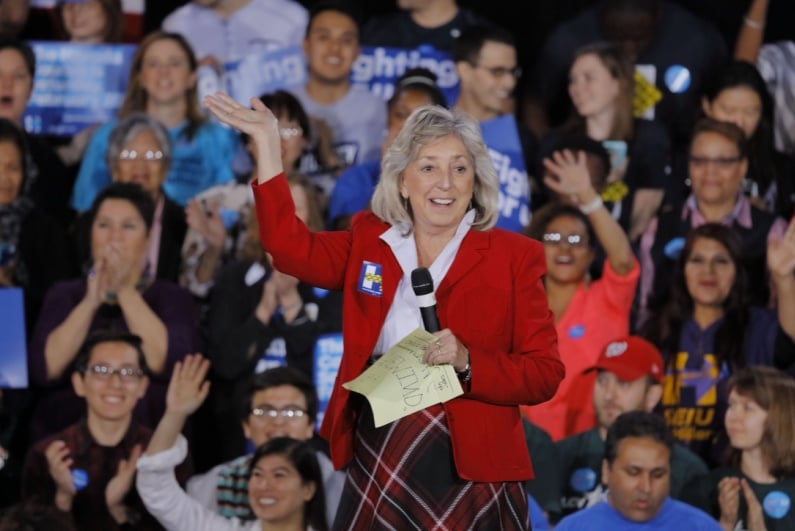Online gambling operators can no longer advertise in Belgium as per the ban that received the royal decree on 31 October.
The ban had been anticipated for a long time, so operators have had the opportunity to prepare for it. As there are extensive warnings on cigarette packs and ethical standards concerning alcohol, it was only a matter of time before something similar came into effect for the gambling sector.
Justice minister Koen Greens had pushed hard for restrictions on gambling advertising, and the Belgium Gaming Commission (BGC) is fully behind this move.
The online gambling sector in the country has been fully regulated since 2011. Legislation was approved by the finance ministry in 2016 that made such activities subject to VAT.
What the restrictions mean
Online casino providers cannot advertise at all, while online sportsbooks may only advertise after 8pm on TV and no gambling ads can be shown during live sports events, no matter what time of day.
For the online casino operators, the ban means the only way they will now be able to find new customers is when they promote games of chance on the website on which the exploration of such games is authorized, or by personalized advertisements.
Even those ads that are approved by the authorities can be removed if they appear to be promoting excessive gambling activity. However, they have still not issued a clear-cut definition of exactly what “excessive” means.
There is also a requirement for all gambling ads to show warnings about problem gambling. Any company breach this policy risks being fined.
Gambling operators can no longer use athletes or celebrities as part of their marketing materials. This is because they help add to the appeal of gambling for those who are underage. Operators are also banned from targeting media or platforms that minors regularly consume.
There is a new cap on the size of a bonus that operators can offer, set at £240 per month. Players can now deposit only a maximum £436 each week on online platforms. No credit card deposits are allowed.
According to the Belgian Association of Gaming Operators (BAGO), only about 15% of people in Belgium utilize gambling sites that are internationally licensed. With the introduction of the ban, it is expected that this figure is going to rise as high as 50%.
Bans in other countries
Belgium is not the only country to have implemented some sort of ban on gambling ads. A number of other European Union countries have implemented gambling advertising bans.
Italy had a significant change in political leadership during 2018. A new anti-gambling coalition moved into power and quickly set about making changes to the sector. The new government brought in a blanket ban on all forms of gambling advertising, which unsurprisingly was met with an outcry by gambling operators across Italy.
The advertising ban comes into effect in Italy on 1 January 2019.
Italy even extended the ban to sports team sponsorships. Many football teams rely heavily on gambling sponsors to finance their activities, so this is a massive blow for them. The ban on gambling-related sponsorships has a six-month grace period for teams to get their house in order.
The government in Spain has been looking at taking a similar approach and strongly considered a gambling ad ban as part of its 2019 budget proposal. This would form part of an advertising ban on industries that the government deems to be predatory, such as credit lending, payday loans, gambling and betting.
Many parties in the UK are calling for stricter advertising laws to be implemented in the gambling sector. A group of MPs is pushing for gambling ads to no longer be allowed to be shown during live sporting events.
A coalition made up of Lord Chadlington (a Conservative Party member), the Labour Party, Liberal Democrats, the Scottish National Party and the Church of England are working to try limit such ads so they can only be shown one hour before and one hour after sports events.
A current legal loophole allows gambling companies to advertise during events that may be watched by minors. The coalition is calling for this loophole to be closed immediately.
Australia has implemented a similar measure, but the ban is limited and gambling ads may be shown up to five minutes before sports events and from five minutes after.
Lord Chadlington recently referenced the example set by the Australians. He said: “We should learn from the Australian experience and ban gambling advertising for at least an hour before and after live sporting events. Government should also evaluate the online threats – not only advertising, but in-game gambling opportunities – in loot boxes.”
Loot boxes have already been made illegal in the Netherlands and Belgium.




